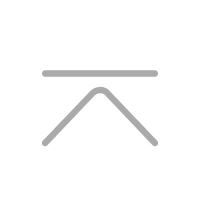ASOS验厂辅导|要求供应商识别用于生产的原棉来源
Policy
ASOS does not support the use of cotton from Uzbekistan or Turkmenistan in our textile products.
From October 2017 onwards ASOS will require suppliers to identify the source of raw cotton used in ASOS textiles products and document this.
Where it is not possible for suppliers to identify the source of raw cotton ASOS requires suppliers to advise the Sustainable Sourcing team of this and the reasons that this could not be done ahead of starting production.
ASOS reserves the right to audit records to monitor the source of raw cotton at any time.
Background
ASOS’s Ethical Trade Programme aims to ensure the rights of workers in our supply chain are respected and protected. Prohibition of child labour is an important element of our Standards. We have seen reports of the widespread use of child labour to harvest the cotton fields in Uzbekistan and at this time, we are joining other brands, retailers, trade organizations and non- governmental organisations, to voice our concern with a goal to eliminate this practice.
We realise that child labour is a complex issue with many causes which we acknowledge are hard to affect individually. However the use of organised and forced child labour is completely unacceptable and leads us to conclude that whilst these practices persist in Uzbekistan we cannot support the use of cotton from Uzbekistan in our textiles.
It is our expectation that our suppliers will not knowingly source cotton from Uzbekistan and they make an effort to communicate our concern for this issue down the supply chain. We will continue this ban until we have seen evidence that progress has been made to end the use of child labour in the Uzbek cotton industry.
Turkmenistan has been identified with having issues relating to Decent Work that are similar issues to Uzbekistan.
We understand that cotton is an internationally traded commodity and that raw cotton sources are not always easily identifiable.
政策
ASOS不支持在我们的纺织品中使用乌兹别克斯坦或土库曼斯坦的棉花产品。
从2017年10月起,ASOS将要求供应商识别用于生产的原棉来源ASOS纺织品产品并记录。
在哪些情况下供应商无法识别ASOS要求供应商识别的原棉来源向可持续采购团队建议这一点以及不能提前完成的原因开始生产。
ASOS保留随时审核记录以监控原棉来源的权利。
背景
ASOS的道德贸易计划旨在确保我们供应链中工人的权利受到尊重和保护。禁止童工是我们标准的一个重要内容。我们在乌兹别克斯坦和中国,有报道称广泛使用童工收割棉田在这个时候,我们正在加入其他品牌,零售商,贸易组织和非政府组织,表达我们的关注,目标是消除这种做法。
我们认识到童工是一个复杂的问题,有许多我们承认难以解决的原因影响个人。然而,使用有组织和强迫的童工是完全不可接受的并使我们得出结论,尽管这些做法在乌兹别克斯坦持续存在,但我们不能支持使用我们的纺织品中有来自乌兹别克斯坦的棉花。
我们希望我们的供应商不会故意从乌兹别克斯坦采购棉花努力向供应链传达我们对这个问题的关注。我们会继续直到我们看到有证据表明在结束使用童工方面取得了进展乌兹别克棉花工业。
土库曼斯坦已被确定存在与体面工作有关的问题,这些问题与乌兹别克斯坦。
我们知道棉花是一种国际贸易商品,而原棉产地不是总是很容易识别。

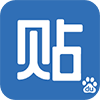

















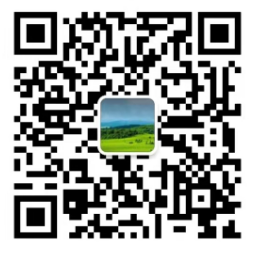

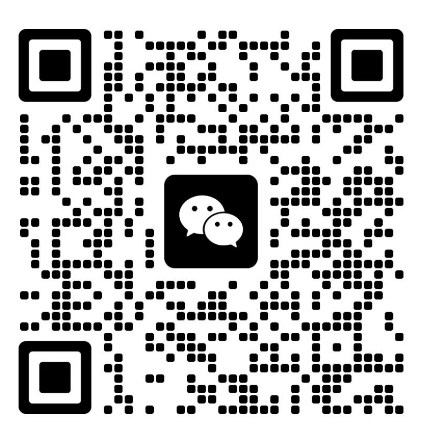
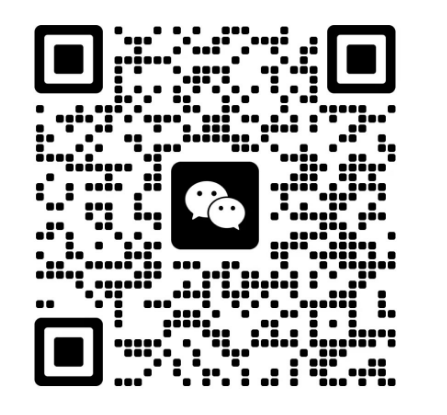

 18576401396
18576401396 


